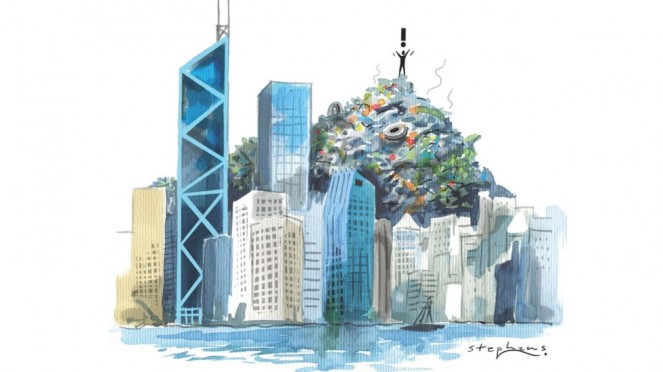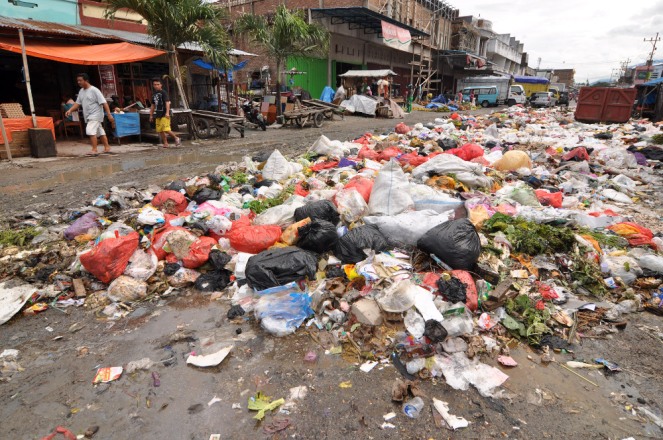Please watch: 100-0-100

Until today, the waste is still seen as a big problem for some people. Every time each of us typing the keyword “Waste Management in Indonesia” or “Indonesia Landfill Site” in search engines, the results were out most is the problem rather than the good news. Moreover, Indonesia has a vital mission “Indonesia Bebas Sampah 2020”. We know that Indonesia has the medium term program called “100-0-100”. Mainly the 100% achievement have access to safe drinking water, 0% slum area, and 100% achievement have accessto decent sanitation by 2019. Our current position (in 2013) where the three totals are still only 67%, 12%, and 59%. Waste management service is one of indicators for slum area. We have pretty much work to do.
Besides, it is time to make people well educated about the good waste management. The actions should be supported by the role of the mass media, so that people who are generally less knowledge of waste management, slow but sure be intelligent and able to educate others. So knowledge of waste management can be used to solve the problems.

The problem of waste management in Indonesia, has a number of aspects associated with them, such as technical, institutional, financial, environmental and social aspects. Proper waste management have been a major challenges in waste problem. With the increasing growth of population and economic activities, the volumes of waste to be handled would increase accordingly. Many big cities in Indonesia are suffering from severe problem caused by disorderly municipal solid waste (MSW) handling. The general method currently practiced in MSW management all over Indonesia is collect-transport-dispose. The authority of urban municipalities is transporting the MSW from designated collection point to a location for its final dumping. Most of the local authorities practice crude open dumping, creating a despondent situation at the landfill sites. Most of municipalities have no other alternative if their existing landfill are in a trouble state. Leuwigajah landfill failure case in Bandung in 2005 forced the entire stakeholders, including the central and local governments, to recognize the urgency of improving or changing the existing waste management paradigm. In May 7, 2008 the Solid Waste Management Act 18/2008 was announced. This act is expected to bring major changes, and new challenges in waste management, which will serve as umbrella for sound municipal solid waste managements in Indonesia.
I will be glad to post more so keep an eye on my wordpress.
Thank you!